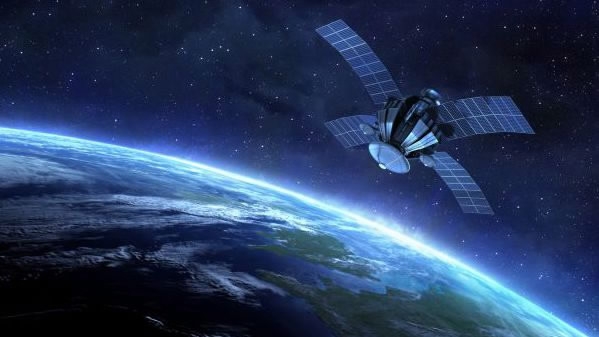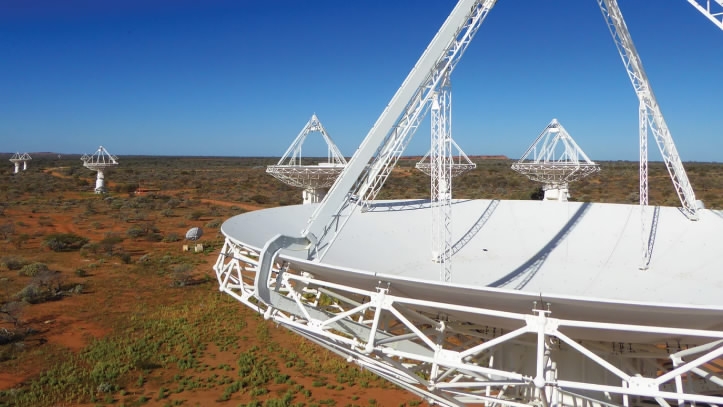
World
14:26, 25-Sep-2017
Australia to establish national space agency
CGTN

Australia on Monday committed to creating a national space agency as it looks to cash in on the lucrative and fast-evolving astronautical sector.
The announcement came at a week-long Adelaide space conference attended by the world's top scientists and experts including SpaceX chief Elon Musk.
It brings Canberra -- which already has significant involvement in national and international space programs -- into line with most other developed nations, which already have dedicated agencies to help coordinate the industry and shape development.
"The global space industry is growing rapidly and it's crucial that Australia is part of this growth," acting science minister Michaelia Cash said in statement.
"A national space agency will ensure we have a strategic long-term plan that supports the development and application of space technologies and grows our domestic space industry."

Photo from The Commonwealth Scientific and Industrial Research Organisation (CSIRO)
Photo from The Commonwealth Scientific and Industrial Research Organisation (CSIRO)
According to the government, the global space sector -- encompassing innovation, defense, and telecommunications -- has been growing annually since the late 1990s at almost 10 percent, driving revenue each year of 323 billion US dollars.
Thousands of the world's top scientists and space experts are attending the week-long International Astronautical Congress in Adelaide. SpaceX chief Musk is set to give an update on his ambitious vision of establishing a Mars colony.
Also among those presenting is defense giant Lockheed Martin, which is working with NASA on plans to reach the Red Planet.
Australia's commitment to an agency follows the government in July ordering a review of the country's space industry capability, with a fuller strategy to underpin the work of the new body to be unveiled next year.
This year marks the 50th anniversary of Australia launching its first satellite, the only country at the time to achieve the feat after the United States and Russia.
It has played a vital part in many space missions in the decades since then, with its Deep Space Communication Complex outside Canberra one of only three sites in the world capable of tracking NASA's deep space assets.
9018km
Source(s): AFP

SITEMAP
Copyright © 2018 CGTN. Beijing ICP prepared NO.16065310-3
Copyright © 2018 CGTN. Beijing ICP prepared NO.16065310-3